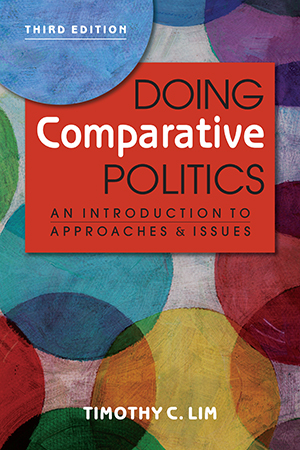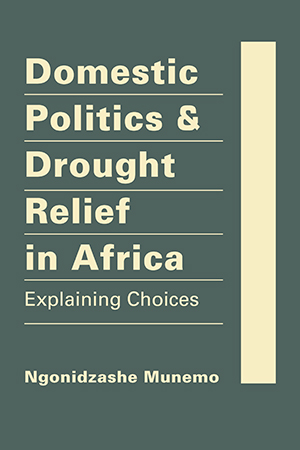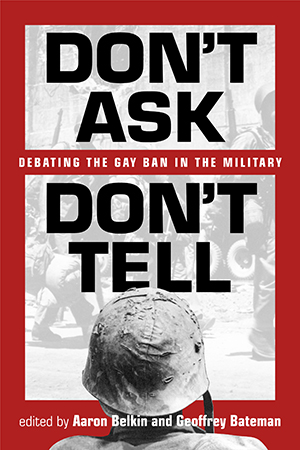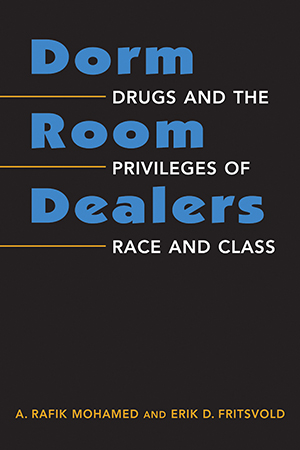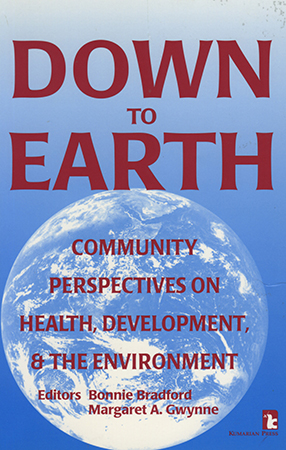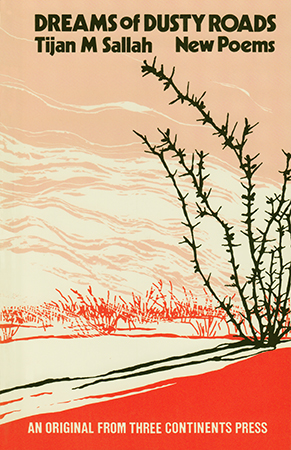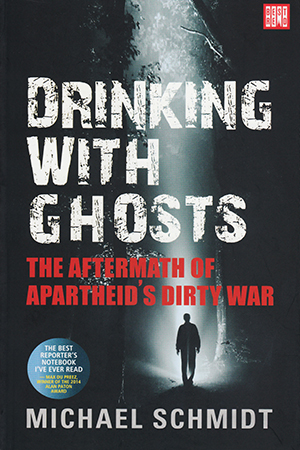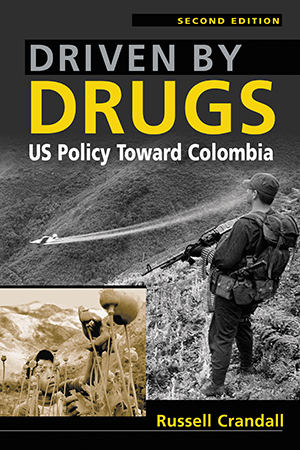BOOKS
This systematic, user friendly, and refreshingly unusual introduction to comparative politics has not only been updated and refined in the third edition, but also fully revised to reflect More >
Ngonidzashe Munemo challenges the conventional wisdom that African governments lack the technical capacity and political will to respond to drought and the threat of famine. Through a More >
Conservatives and liberals agree that President Bill Clinton's effort to lift the military's gay ban was perhaps one of the greatest blunders of his tenure in office. Conservatives More >
Why do affluent, upwardly mobile college students—who have everything to lose and little to gain—choose to sell drugs? Why do law enforcement officers largely overlook drug More >
This multi-layered history of World War I’s doughboys recapitulates the enthusiasm of scores of soldiers as they trained for war, voyaged to France, and finally, faced the harsh More >
The authors explore linkages among health, development, and environmental issues, focusing on the interdependent issues of poverty, violence, excessive resource use, and irresponsible More >
One of the most important literary voices to emerge from The Gambia for several decades, Sallah writes nostalgically about his African roots. This, his third collection, includes elegant, More >
Diana de Marly offers a vivid and comprehensive look at the changing tastes and influences that have shaped fashion in North America from the Pilgrims to the aftermath of the "blue jean More >
Veteran journalist Michael Schmidt explores of the dark corners of South Africa's past, tracing the strains of secrecy, violence, and abuse of privilege that reverberate even today in More >
In the years since the first edition of Driven by Drugs was published, there have been dramatic changes in US policy toward Colombia, as well as in domestic Colombian politics. This new More >



